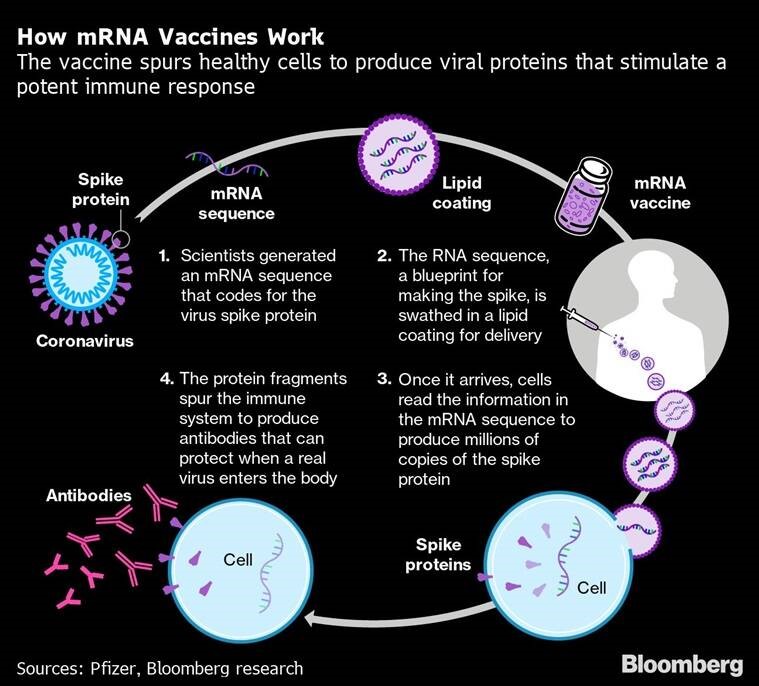



Context: Moderna announced results of human trials on the vaccine it has developed with US National Institutes of Health.

https://indianexpress.com/article/explained/what-is-mrna-vaccine-7054131/











© 2025 iasgyan. All right reserved